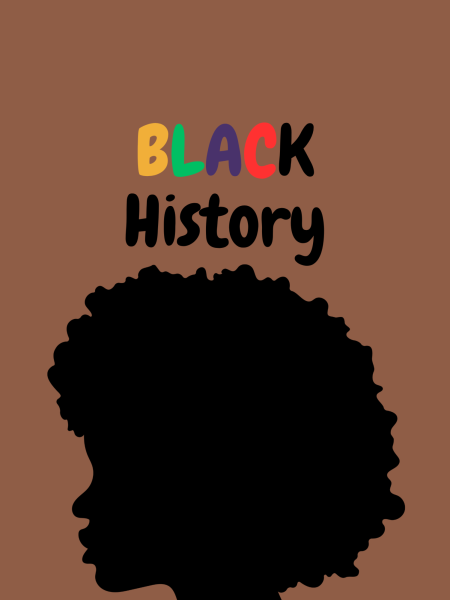Deadly Virus Crosses An Ocean

March 19, 2014: In West Africa, 23 die from an unidentified hemorrhagic fever. Another 4000 deaths have occurred with over 4600 confirmed cases. The mortality rate is 50 percent.
July 27, 2014: Two Americans who were part of missionary aid group contract Ebola. Symptoms include fever, headache, weakness, diarrhea, vomiting, abdominal pain, and unexplained bleeding.
September 30, 2014: A confirmed case of Ebola is reported in Dallas, Texas. The positive case travelled from West Africa.
By October 14, 2014, the confirmed case has died, another case in a nurse Nina Pham has been identified, and new cases have appeared in Brazil, Spain, and Germany. According to the World Health Organization, Asia and Australia is also under risk of the disease and the disease is rapidly spreading.
“The virus is spreading so fast that it’s hard to keep up.” Center of Disease Control and Prevention Director Dr. Thomas Frieden said.
The problem with the virus is its delayed onset of symptomology and the difficulty in discerning the disease from the common flu and fever. Symptoms can appear as late as 21 days after exposure, but usually appear within 8 to 10 days.
What is being done? The CDC issued a Warning Level 3 travel notice that discourages nonessential travel to Sierra Leone, Guinea, and Liberia. Ebola response teams have been working to contain the disease in West Africa. However, several healthcare workers have contracted the virus, including the case of the nurse who cared for the first case of Ebola in the US.
“The medical response has become a humanitarian crisis,” said Steve Monroe, a deputy director of infectious diseases at the Centers for Disease Control and Prevention. Philanthropists have stepped in and donated considerable amounts of money to the cause.
“We believe our grant is the quickest way to empower the CDC and the experts in this field to prevent this outcome,” Facebook CEO Mark Zuckerberg wrote in a Facebook post after donating $25 million to the cause.
Currently, there is specific treatment approved but several experimental drugs have been developed. ZMapp was developed in San Diego and has been used to treat an American aid worker and a Spanish Nurse. Canada also developed TKM-Ebola as a promising candidate.
“We currently have the two vaccines that are being tested, and this has created sort of a ‘space race’ to find out which vaccine is going to be the first to the finish line,” Toronto-based microbiologist Jason Tetro told the Toronto Star.
President Obama has also not ruled out the possibility of a travel ban, and has named Ron Klain as the Ebola ‘czar’.
Despite all of this, the Center for Disease Control is still very confident that this will not impact many Americans. Those at the facility are confident that Ebola is not serious. “Working with our partners, we have been able to stop every prior Ebola outbreak, and we will stop this one,” Frieden said. “We know how to control Ebola, even in this period.”
FSA Connection Questions
- In the article, the author makes what main point?
- What does the word mortality mean?
- What is the connotation of the word philanthropists?
- Select a sentence that represents the main idea.
- In the article, what is being done about Ebola?
Your donation will support the student journalists of Freedom High School - FL. Your contribution will allow us to purchase equipment and cover our annual website hosting costs.

Kevin “K.Chow” Chow is currently a senior at Freedom High School. He was born in Auckland, New Zealand and his family relocated to Australia and Tampa....




